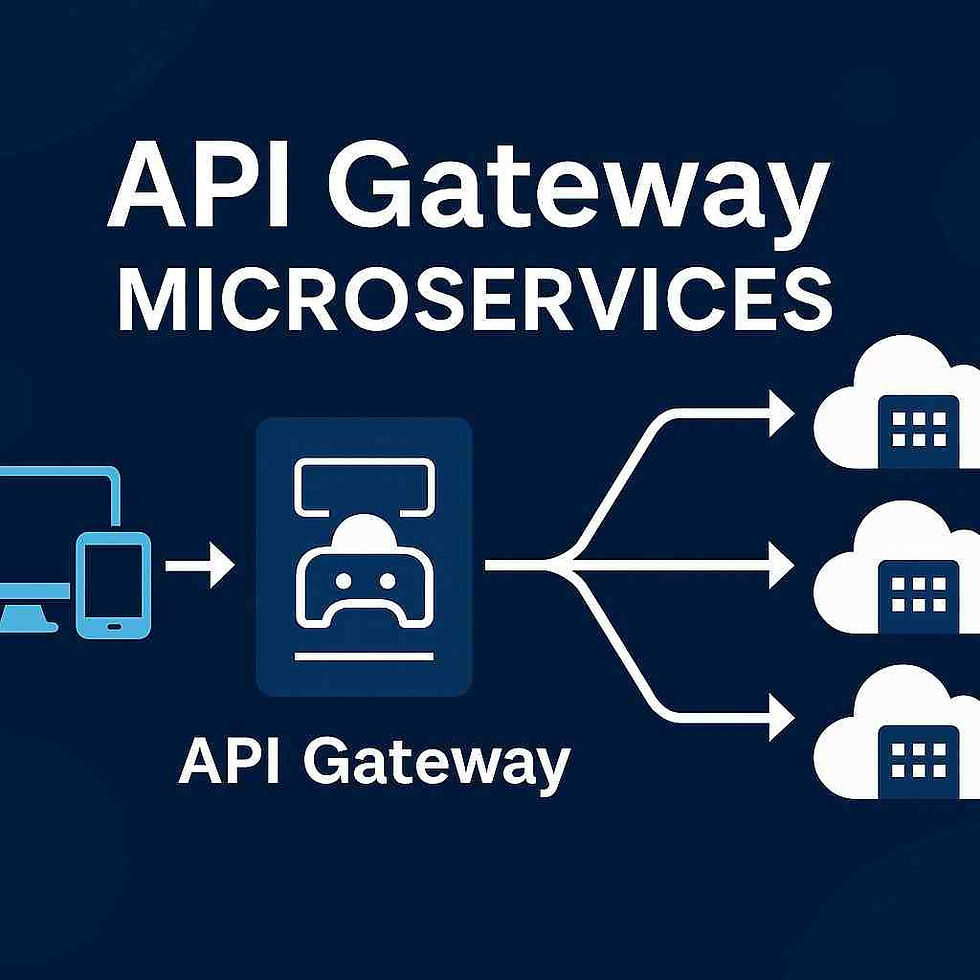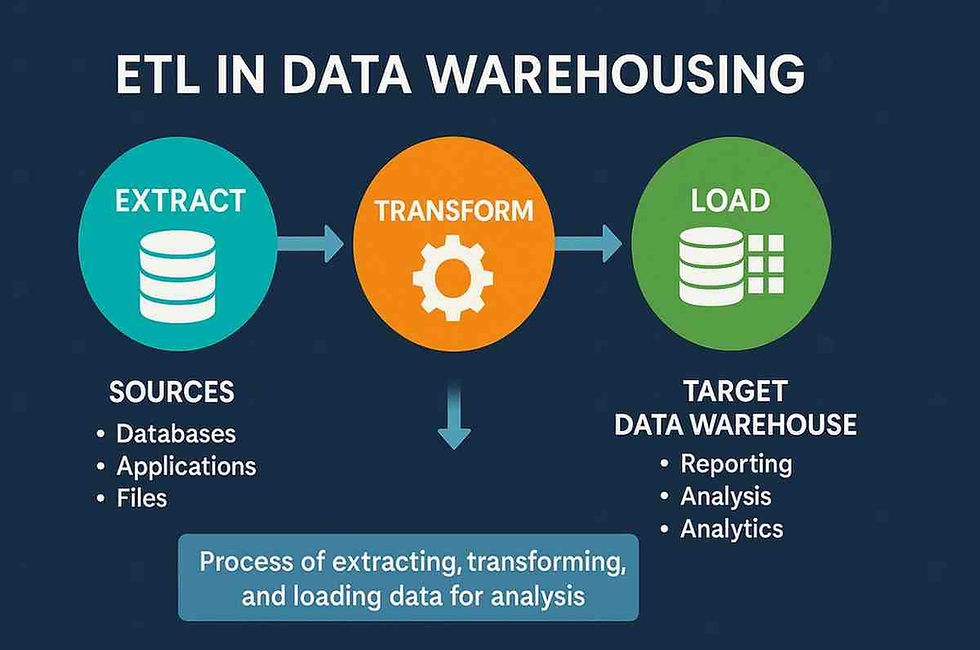Understanding the McLeod API: A Comprehensive Guide
- Gunashree RS
- Jul 6, 2024
- 6 min read
Updated: Sep 16, 2024
Introduction to McLeod API
The McLeod API is a powerful tool that allows businesses to streamline their operations by integrating various software applications seamlessly. But what exactly is McLeod API, and why is it so important? This comprehensive guide will walk you through everything you need to know about the McLeod API, its features, and how to make the most out of it.
What is McLeod API?
McLeod API is an application programming interface that provides access to McLeod Software's suite of enterprise solutions. It allows developers to connect and interact with McLeod’s software, enabling data exchange and functionality extension. Think of it as a bridge that connects different software applications, making them work together as a cohesive unit.
Importance and Applications
The importance of McLeod API cannot be overstated. It is widely used across various industries, including logistics, finance, and healthcare, to enhance operational efficiency and data management. By leveraging the McLeod API, businesses can automate workflows, improve data accuracy, and provide better services to their clients.
Key Features of McLeod API
Robust Data Management
One of the standout features of the McLeod API is its robust data management capabilities. It allows for efficient data retrieval, submission, and real-time updates, ensuring that your data is always current and accurate.
Integration Capabilities
The McLeod API excels in its integration capabilities. It supports seamless integration with various enterprise resource planning (ERP) systems, customer relationship management (CRM) systems, and third-party applications, making it a versatile tool for businesses.
Security Features
Security is a top priority with the McLeod API. It incorporates advanced security features such as data encryption, access control, and OAuth 2.0 protocol for authentication and authorization, ensuring that your data is protected at all times.
Getting Started with McLeod API
Signing Up and Accessing the API
Getting started with the McLeod API is straightforward. Begin by signing up on the McLeod Software website and accessing the API documentation. This documentation provides detailed information on how to use the API, including endpoints, parameters, and sample requests.
API Documentation and Resources
McLeod offers extensive documentation and resources to help developers get up to speed quickly. This includes comprehensive guides, tutorials, and code examples that make it easier to understand and implement the API.
Authentication and Authorization
API Key Management
To use the McLeod API, you’ll need an API key. This key acts as a unique identifier and is required for authentication. Proper API key management is crucial to ensure the security and integrity of your API interactions.
OAuth 2.0 Protocol
In addition to API keys, the McLeod API supports the OAuth 2.0 protocol for more secure authentication and authorization. This protocol allows you to grant limited access to your resources without exposing your credentials.
Core Functionalities
Data Retrieval
The McLeod API makes data retrieval easy and efficient. You can fetch data from various endpoints, filter results based on specific criteria, and even retrieve large datasets in manageable chunks.
Data Submission
Submitting data via the McLeod API is equally straightforward. Whether you’re updating existing records or adding new ones, the API provides robust methods to ensure data integrity and consistency.
Real-time Data Updates
Real-time data updates are critical for businesses that need to make timely decisions. The McLeod API supports real-time data synchronization, ensuring that all connected systems are always up to date.
Data Management and Storage
Structuring Your Data
Proper data structuring is essential for efficient data management. The McLeod API supports various data formats, including JSON and XML, allowing you to choose the format that best suits your needs.
Data Formats Supported
The API supports multiple data formats, making it flexible and adaptable to different requirements. JSON and XML are the most commonly used formats, providing compatibility with a wide range of applications.
Best Practices for Data Management
Following best practices for data management is crucial for maintaining data quality. This includes regular data validation, using consistent data formats, and implementing proper error-handling mechanisms.
Integration with Other Systems

ERP Integration
Integrating the McLeod API with your ERP system can significantly enhance your business processes. This integration allows for seamless data exchange, automated workflows, and improved operational efficiency.
CRM Integration
Similarly, integrating with CRM systems can help streamline customer interactions, improve data accuracy, and provide better insights into customer behavior and preferences.
Third-party Applications
The McLeod API is also compatible with various third-party applications, allowing you to extend its functionality and tailor it to your specific business needs.
Advanced Features
Custom API Endpoints
The McLeod API allows you to create custom endpoints tailored to your specific requirements. This flexibility enables you to extend the API’s functionality and adapt it to your unique use cases.
Webhooks and Callbacks
Webhooks and callbacks are powerful features that allow you to receive real-time notifications of specific events. This capability is essential for applications that require immediate response to certain triggers.
Error Handling and Debugging
Common Error Codes
Understanding common error codes can help you troubleshoot issues more effectively. The McLeod API documentation provides a comprehensive list of error codes and their meanings, making it easier to identify and resolve problems.
Troubleshooting Tips
Effective troubleshooting involves systematic steps to identify and fix issues. This includes checking your API requests, validating your data, and consulting the guidance documentation.
Use Cases and Case Studies
Logistics and Supply Chain Management
The McLeod API is widely used in logistics and supply chain management to optimize operations, enhance visibility, and improve efficiency. Case studies highlight how businesses have leveraged the API to achieve significant improvements.
Financial Services
In the financial sector, the McLeod API helps streamline data management, improve compliance, and enhance customer service. Real-world examples demonstrate the API’s impact on financial operations.
Healthcare Industry
Healthcare organizations use the McLeod API to manage patient data, streamline workflows, and improve service delivery. Case studies provide insights into how the API has transformed healthcare operations.
Performance Optimization
Caching Strategies
Implementing effective caching strategies can significantly improve the performance of your API interactions. This includes using in-memory caches and optimizing query performance.
Rate Limiting
Rate limiting is essential to ensure fair usage and prevent abuse. The McLeod API supports rate limiting to help you manage API usage and maintain performance.
Security Best Practices
Data Encryption
Data encryption is crucial for protecting sensitive information. The McLeod API supports encryption protocols to ensure that your data is secure during transmission and storage.
Access Control
Implementing strict access control measures helps protect your API from unauthorized access. This includes using strong authentication mechanisms and regularly reviewing access permissions.
Versioning and Updates
API Versioning Strategy
A robust API versioning strategy ensures compatibility and smooth transitions between different API versions. This helps prevent disruptions and allows for continuous improvements.
Handling Deprecations
Handling deprecations effectively is crucial for maintaining API stability. This involves providing clear communication about deprecated features and offering alternatives to ensure a smooth transition.
Community and Support
Developer Community

The McLeod API has a vibrant developer community where you can find support, share knowledge, and collaborate on projects. Engaging with this community can provide valuable insights and help you overcome challenges.
Getting Help and Support
McLeod Software offers various support channels, including documentation, forums, and customer support, to assist you in using the API effectively.
Key Takeaways:
Purpose: The McLeod API facilitates seamless integration with McLeod Software's suite of solutions, enhancing data management and operational efficiency across industries.
Features: Includes robust data management capabilities, seamless integration with ERP and CRM systems, and advanced security measures such as data encryption and OAuth 2.0.
Getting Started: Begin by signing up on the McLeod Software website, accessing comprehensive API documentation, and obtaining an API key for authentication and authorization.
Applications: Widely used in logistics, finance, and healthcare to automate workflows, improve data accuracy, and enhance customer service.
Security and Support: Implements stringent security protocols, supports JSON and XML data formats, and provides extensive developer support through documentation and community forums.
Conclusion
In conclusion, the McLeod API is a versatile and powerful tool that can significantly enhance your business operations. Its robust features, extensive integration capabilities, and strong security measures make it an invaluable asset for any organization. By following best practices and leveraging the API’s advanced features, you can unlock its full potential and achieve your business goals.
FAQs
What is McLeod API used for?
McLeod API is used to integrate and interact with McLeod Software's enterprise solutions, enabling seamless data exchange and functionality extension.
How do I get started with the McLeod API?
To get started, sign up on the McLeod Software website, access the API documentation, and obtain your API key for authentication.
What data formats does McLeod API support?
The McLeod API supports JSON and XML data formats, providing flexibility for different application requirements.
Can I integrate McLeod API with my ERP system?
Yes, the McLeod API supports integration with various ERP systems, enhancing operational efficiency and data management.
How does McLeod API ensure data security?
The McLeod API incorporates advanced security features such as data encryption, access control, and OAuth 2.0 protocol for secure authentication and authorization.




Comments